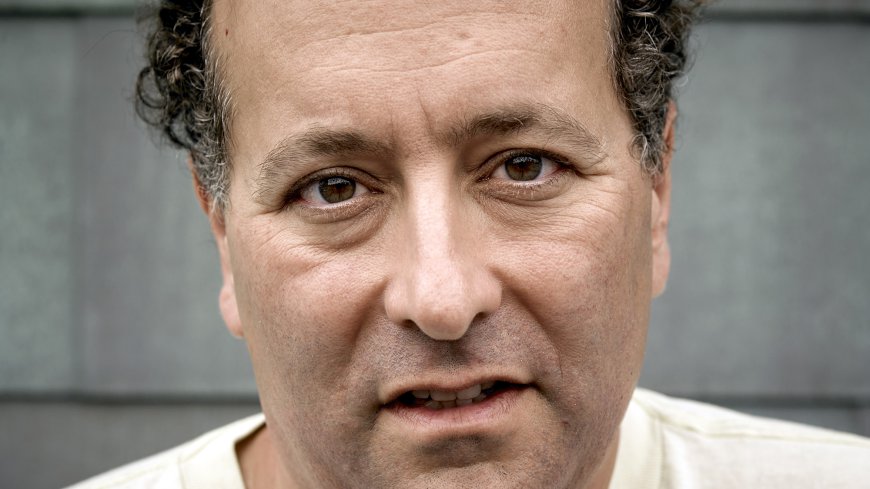Firing of Science Journal Editor Sparks Controversy: Unapologetic After Pro-Palestinian Tweet
Explore the fallout after the firing of Michael Eisen, editor-in-chief of a prestigious science journal, due to a controversial tweet on the Gaza-Israel conflict. Dive into the complexities of free speech, institutional reactions, and the blurred lines between personal views and professional consequences.

In a recent turn of events, the dismissal of Michael Eisen, editor-in-chief of a renowned science journal, has ignited a heated debate on the boundaries of free speech within academic circles. The controversy stems from a tweet Eisen posted in response to a satirical article on the Gaza-Israel conflict by the Onion.
The tweet, expressing frustration with the response of college and university administrators to the crisis, went viral overnight and led to his abrupt dismissal by eLife, the online journal where he had served as editor since 2019. The incident sheds light on the challenges of navigating free speech in a highly sensitive geopolitical context.
The Context:
Eisen, a 56-year-old geneticist at the University of California, Berkeley, is known for his leadership in the movement to transform science publishing and his outspokenness on various issues. His Jewish background and personal connection to Israel add layers of complexity to his views on the Gaza-Israel conflict.
The Twitter Storm:
The tweet in question praised the Onion for its satirical take on the mainstream response to the conflict, but the aftermath was anything but humorous. Israeli scientists vehemently criticized Eisen, accusing him of bias against Israel and even suggesting support for terrorism. The online backlash included calls for his removal and a coordinated effort to sever ties between Israeli researchers and eLife.
Institutional Response:
eLife, a UK-based journal, issued a statement without consulting Eisen, citing concerns about his approach to leadership, communication, and social media. The response, rather than quelling the controversy, intensified the uproar, with some accusing the journal of taking a political stance.
Academic Fallout:
Eisen's dismissal triggered a wave of resignations from eLife, with some expressing concerns about the precedent set by succumbing to online pressure. The incident raises questions about the intersection of personal opinions, professional consequences, and the evolving landscape of academic freedom.
Eisen's Perspective:
In his defense, Eisen argues that his criticism was directed at U.S. college administrators and not the Israeli people directly. He condemns the conflation of criticism against Israeli actions with antisemitism and emphasizes the need for nuanced discussions in the aftermath of the conflict.
The Broader Implications:
Beyond the specifics of this case, the controversy surrounding Eisen's firing highlights the challenges faced by academics who choose to voice their opinions on sensitive geopolitical issues. It underscores the delicate balance between expressing personal views and adhering to institutional expectations in an era where social media amplifies every statement.
In conclusion, the firing of Michael Eisen serves as a case study in the ongoing debate over academic freedom, free speech, and the consequences of expressing controversial views, especially in the volatile context of international conflicts. As the scientific community grapples with these issues, the incident prompts reflection on the evolving dynamics of communication, responsibility, and consequences within academic circles.







